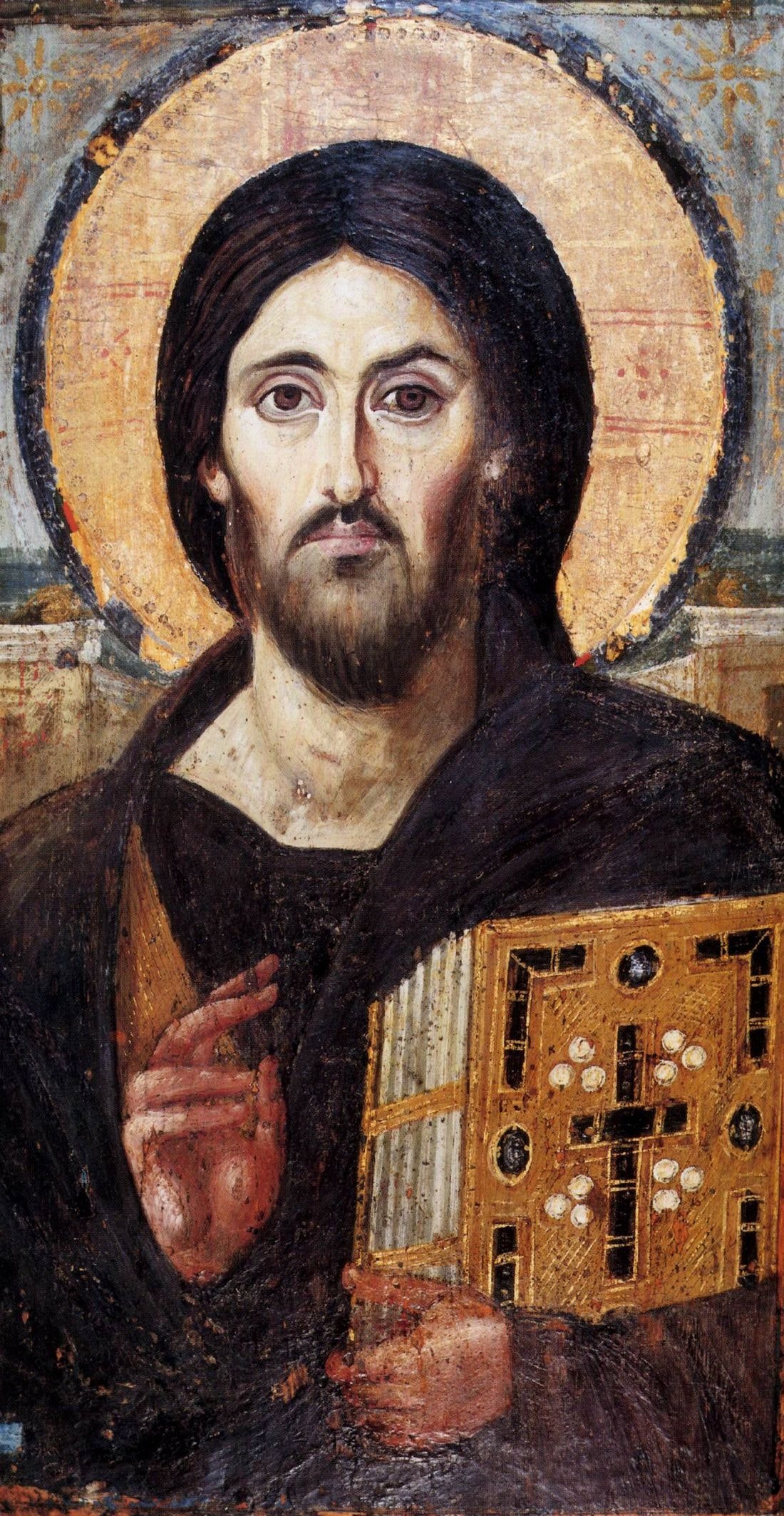What is the Gospel?
For those who accept the call of the Lord Jesus to “Repent and believe in the Gospel” the first question must be, What is the Gospel? So here’s a working definition of the Gospel: everything that God has revealed for the salvation of the human race.
Divine revelation is not the product of human reasoning or the fruit of human experience. Divine revelation, rather, is a supernatural gift from God who unveils himself to human persons in ways they are capable of receiving and comprehending, and this means that revealed religion is fundamentally different from wisdom traditions like Buddhism, Hinduism, Taoism, Shintoism, Islam and all the other systems of belief and ritual that are usually identified as religions along with Judaism and Christianity.
Most wisdom traditions usually contain moral codes, provide myths of the origin and destiny of the cosmos, and offer rituals that mark key moments in the life cycle of the human person, and in this way such wisdom traditions seem similar to Judaism and Christianity. When these cultural artifacts of religion are studied with the methods of anthropology, archaeology, and sociology, we get the notion that all religions are but variations on the same themes: to help people understand their existence, find purpose in their lives, transcend suffering with hope for something better, and prepare for death with equanimity. Of course, Judaism and Christianity include these dimensions too, but they also claim that there is something more at work in them - something higher and deeper and wider than the human imagination can conceive through any philosophical investigation.
Both Judaism and Christianity claim that the one, only, living, and true God designed and made the universe from nothing and sustains it in being at every moment by his ceaseless creative love. Judaism and Christianity claim that the jewel in the crown of creation is the human race and that we were uniquely created in the image and likeness of God by being endowed, alone of all the animals on earth, with intellect and will, with the capacity to know and love which make us like God. And more than that, Judaism and Christianity claim that God, having endowed human persons with freedom, allowed us to misuse our freedom in a way that plunged us and our world into a primordial and catastrophic rebellion against his plan for our lives.
The Creator allowed this misuse of our freedom despite the enormous suffering it would bring because we were created to be persons, not automatons, and persons by their nature must be free to choose even if they choose badly. So, continue Judaism and Christianity, from the beginning of the human story, the living God had a remedy for man’s misuse of his freedom and fall from grace, a remedy that would be gradually revealed in time to the human race according to an eternal plan.
In the Christian understanding, the revelation of this plan began with a series of covenants with Adam, Noah, Abraham, Moses, and David and culminated in the final and full revelation of God’s eternal plan by the New and Eternal Covenant of Jesus Christ. On this final point, Judaism and Christianity diverge, but that is a topic for another day. For now, the crucial point is this: the Gospel of Jesus Christ is everything that God has revealed for the salvation of the human race, and that includes everything given to the Children of Israel and then adds the life, death, and Resurrection of Jesus Christ as the complete revelation of the living God to humanity.
In this way, we can say that Judaism and Christianity are not religions if by religion one means only what I described above as common to all wisdom traditions. No, Judaism is a People called into being by the God of Abraham, Isaac, and Jacob, and Christianity is a Church called into being by the same God who in the fullness of time took flesh of a virgin and was made man to redeem the human race from the grave. The publication of that eternal plan is the Good News of salvation, the Gospel of Jesus Christ.

